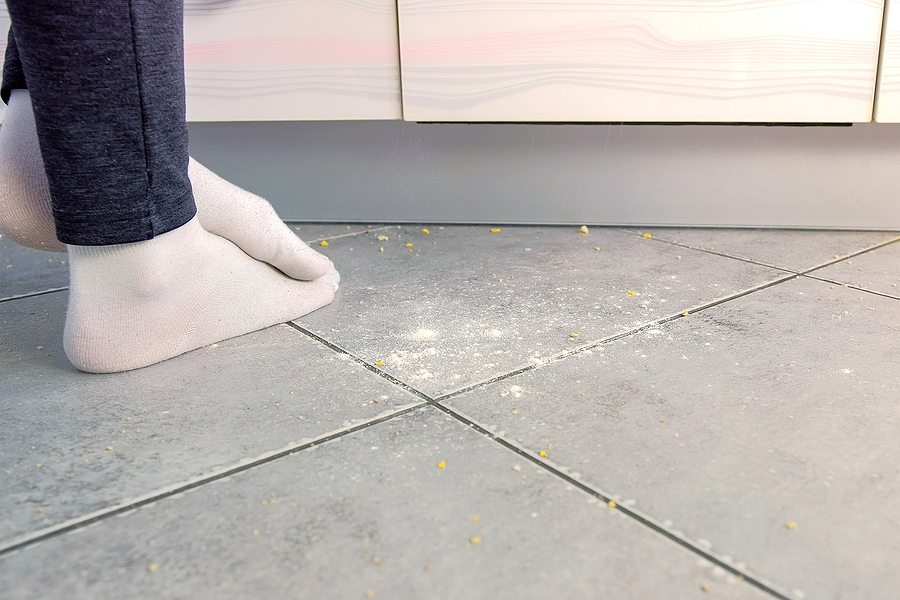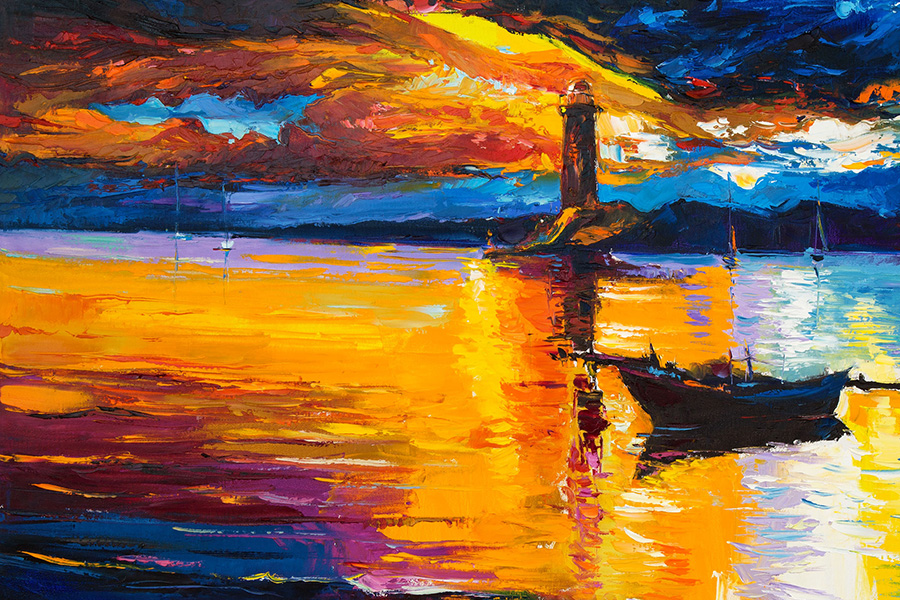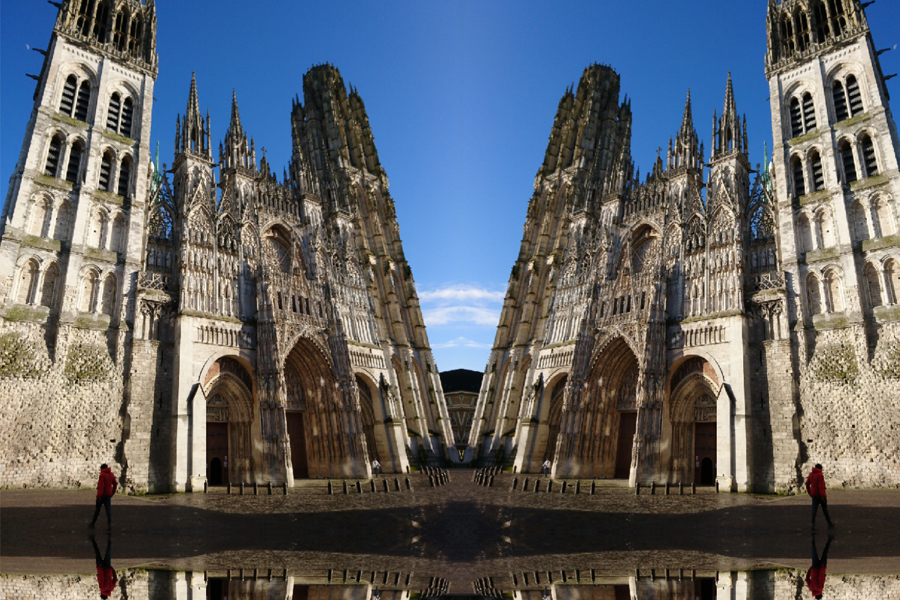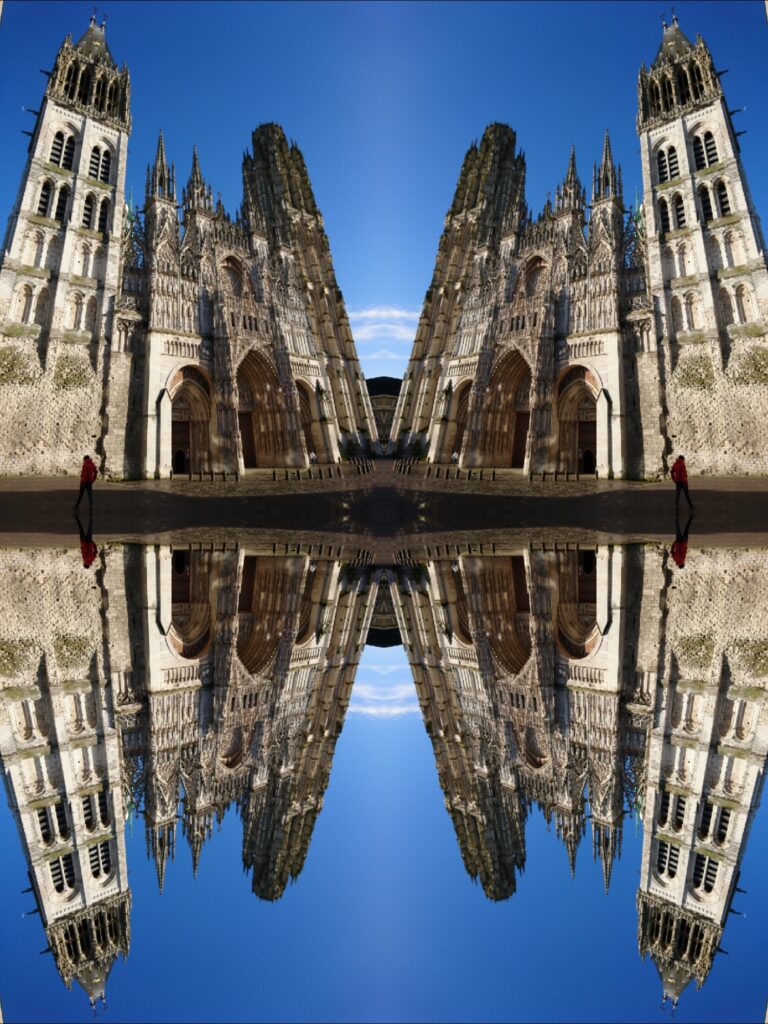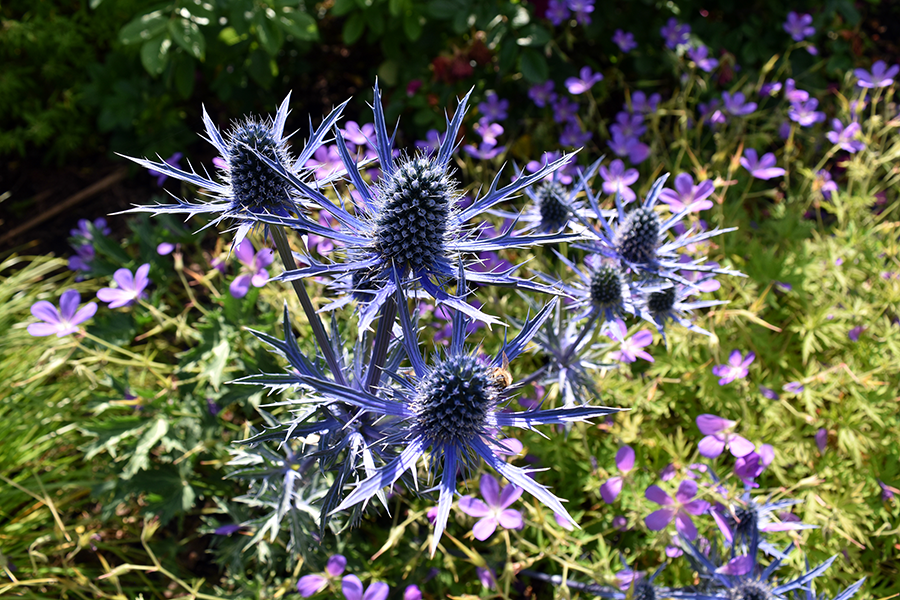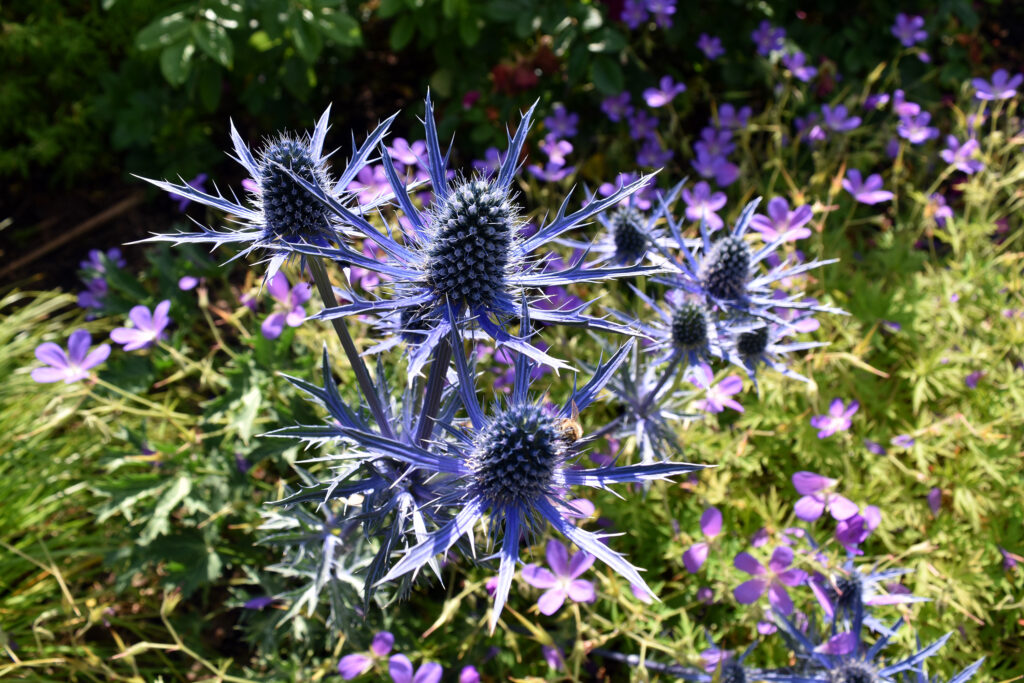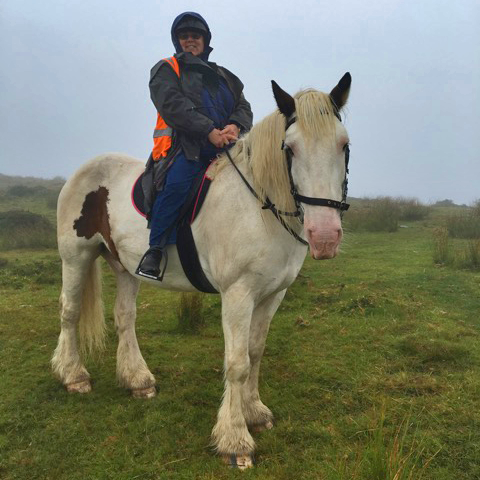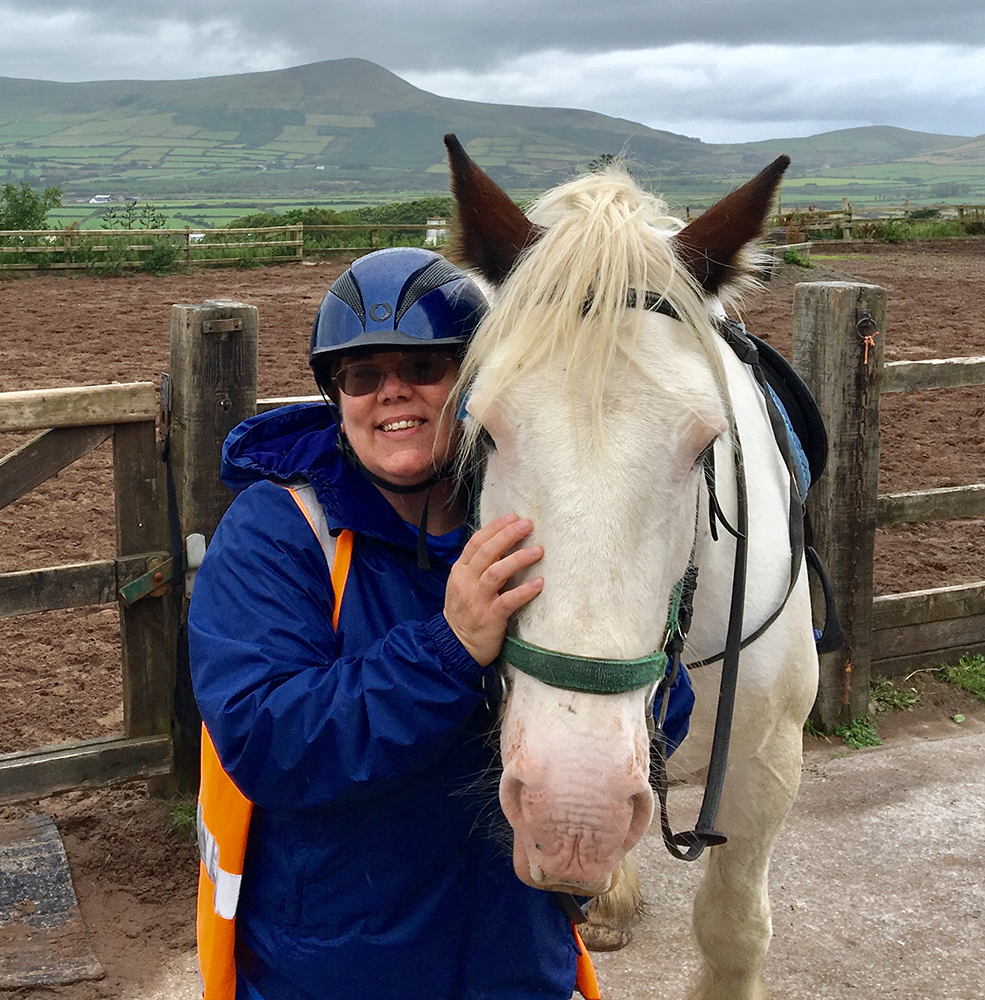My Bones Are Blue
By Amber Pierson
My bones are blue, creaking and
Clacking as I amble my way through
Life, twisting and turning, upside down
And backwards. My blood is green,
Sloshing and toxic, poisonous, seeping
Through my skin, burning any hands
That reach too close. My heart is gray,
Melancholy, thump, bump, beating,
Beating in my chest. Pushing my tainted
Blood and pounding against my ribcage.
My skin is purpled, bruises, bangs, and
Veins trace unreadable patterns along
My body, too tight and too loose, not
Magazine-ready. My lips are yellow,
From too many cigarettes and too much
Coffee, pumping more toxins through
My system. My breath leaves on a gust
Of red, releasing anger and malice, then
Pulling in a breeze of soft pink, love and
Lightness, threatening the sin swirling in me.
About the Writer:
“My Bones Are Blue” is emerging writer Amber Pierson’s fourth published poem. Her goal as a poet is to write poems that inspire unique images and that twist emotions into something new and unexpected. Amber lives and writes in Cortland, New York.

